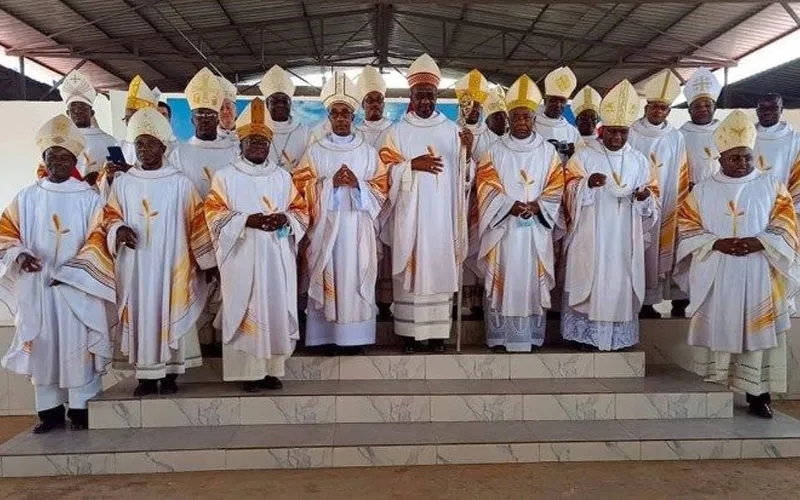Luanda, 07 August, 2022 / 3:30 pm (ACI Africa).
Children’s faith education is the focus of the second year of the triennium Pastoral plan of the Bishops' Conference of Angola and São Tomé and Príncipe (CEAST), the Church leaders have announced in a press statement at the end of their second annual Plenary Assembly held in Luanda, Angola.
In a communiqué shared with ACI Africa Monday, July 25, CEAST members say, “After having lived, with intensity and missionary enthusiasm, the first year of the pastoral triennium dedicated to children and having reflected on the theme ‘children, affirmation of life,’ in this second year of the triennium, we will deal with ‘education in the faith of children.’”
According to Bishop Belmiro Cuica Chissengueti, CEAST spokesperson, the Catholic Bishops wish “to prioritize, within the process of evangelization and catechesis, in all the dioceses of Angola and São Tomé, the urgent need for children to get to know Jesus, through a language that is clear, open, and accessible to their age.”
CEAST members have recommended attention to catechesis, pastoral assistance at school level by agents of evangelization, the celebration of children’s mass and the creation of spaces for children to express their apostolate.
“Parish Priests and Vicars, men and women Religious are to be directly involved in catechesis, the catechesis of Confirmation and the continuous formation of catechists. Adults have the task of accompanying this evolution at each stage,” Catholic Bishops in Angola and São Tomé and Príncipe said in their collective statement following their July 21 meeting at the Muxima Sanctuary.








